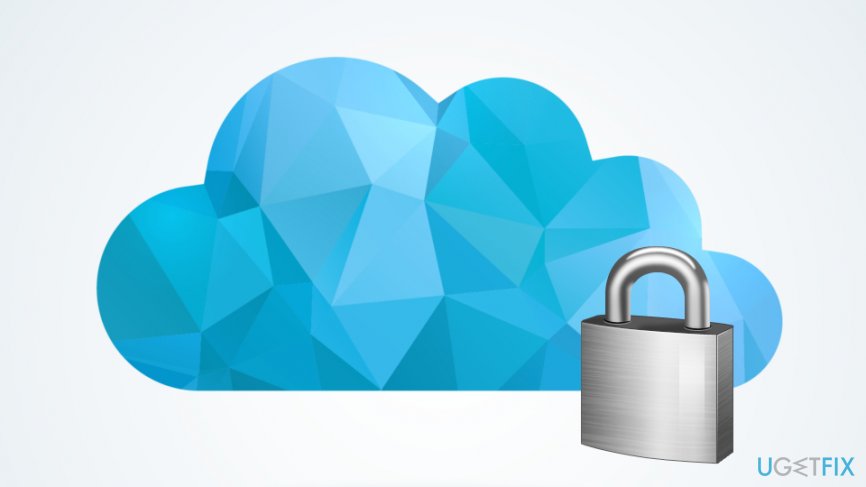Fappening is not only a security issue for celebrities

The Fappening is a term created to describe a massive iCloud hack when hundreds of celebrity explicit pictures were stolen and published online in 2014.[1] However, it didn’t take long for Fappening 2.0[2] and 3.0[3] to occur. Nudes of actresses, news host, models and other famous women keep being published without their permission until this day.
You may think that criminals are only interested in celebrities which might be willing to lots of money to avoid such an unpleasant situation. However, cybercriminals can hack into anyone’s account and steal delicate or sensitive information for numerous reasons.
We want to remind about the importance of protecting your pictures, files, and accounts from evil-minded people. It doesn’t matter if you have nudes saved on iCloud or not, your content might be still valuable to criminals.
Phishing emails – the main way to get user’s account credentials
The Fappening began when cybercriminals sent targeted phishing emails to celebrities. Social engineering techniques and legit-looking email encouraged victims to click on a provided link and type their iCould account logins and passwords.
Phishing is a very popular method to take advantage of computer users. The same method is used for spreading malware or ransomware,[4] not only stealing credentials. Therefore, you have to be suspicious about each email you received from Apple, iCloud, iTunes or other company or organization:
- Check sender’s email and make sure that it’s the same as the company’s;
- Look for grammar or spelling mistakes;
- Access the website and log in by opening a new browser’s tab instead of clicking a provided link. Links might lead to fake phishing websites;
- Companies never asked to provide personal information, such as login details, credit card numbers or similar in the email. Hence, if you received such email, beware of the hoax and do not reveal private information;
- The letter threatens to delete or suspend your account unless you confirm your identity or enter credentials. In some cases, it might be possible. However, you should check this information the website without clicking a link or button in the email.
All in all, you have to be critical with received emails. Do not rush clicking and opening content to protect your personal information from being stolen.
Enabling two-factor authentication makes it harder to hack your account
Two-factor authentication (2FA) gives an extra layer of security. Even though someone guesses your password or you accidentally reveal it on the phishing website, 2FA prevents attackers from accessing your account.
This technology requires entering a unique code which is displayed on a specific app or received via SMS message. Though, your mobile phone is needed to log in to iCloud. If you haven’t enabled 2FA authentication for Apple ID, you should do it right now.
Save pictures in local drive instead of iCloud
iCloud hacks are quite common, unfortunately. The fappening case in 2014 probably was one of the largest hacks Apple has experienced. However, since then users’ private information was compromised a couple of times.[5] Thus, you should consider if iCloud is the safest place to keep nudes and other personal information stored there.
iPhones by default upload pictures taken with a camera on iCloud. Indeed, it’s a comfortable backup measure. However, chances to get your pictures leaked does not sound very fascinating, right?
Hence, you should disable this feature by following these steps:
- Navigate to Settings.
- Open Accounts & Passwords.
- Choose iCloud.
- Tap Photos.
- Select iCloud Photo Library and disable it.
If you take lots of pictures, you might soon use up all the iPhone’s storage space. However, you can always create backups on your MacBook or external storage device. It’s better to save photos in the local drive for safety reasons.
- ^ iCloud leaks of celebrity photos. Wikipedia. The free encyclopedia.
- ^ Fappening 2.0: Full list of every celebrity exposed by the nude photo hacking scandal. IBTimes UK. Latest breaking and business news.
- ^ The Fappening 3 — Jennifer Lawrence New Nude Photos Leaked Online. The Hacker News. Online Cyber Security news and analysis.
- ^ Steve Morgan. Top 10 phishing email subject lines that launch ransomware. CSO. Security news, features and analysis .
- ^ Zack Whittaker. Apple iCloud hack threat gets worse: Here's what we've learned. ZDNet. Technology news, analysis, comments and product reviews.



